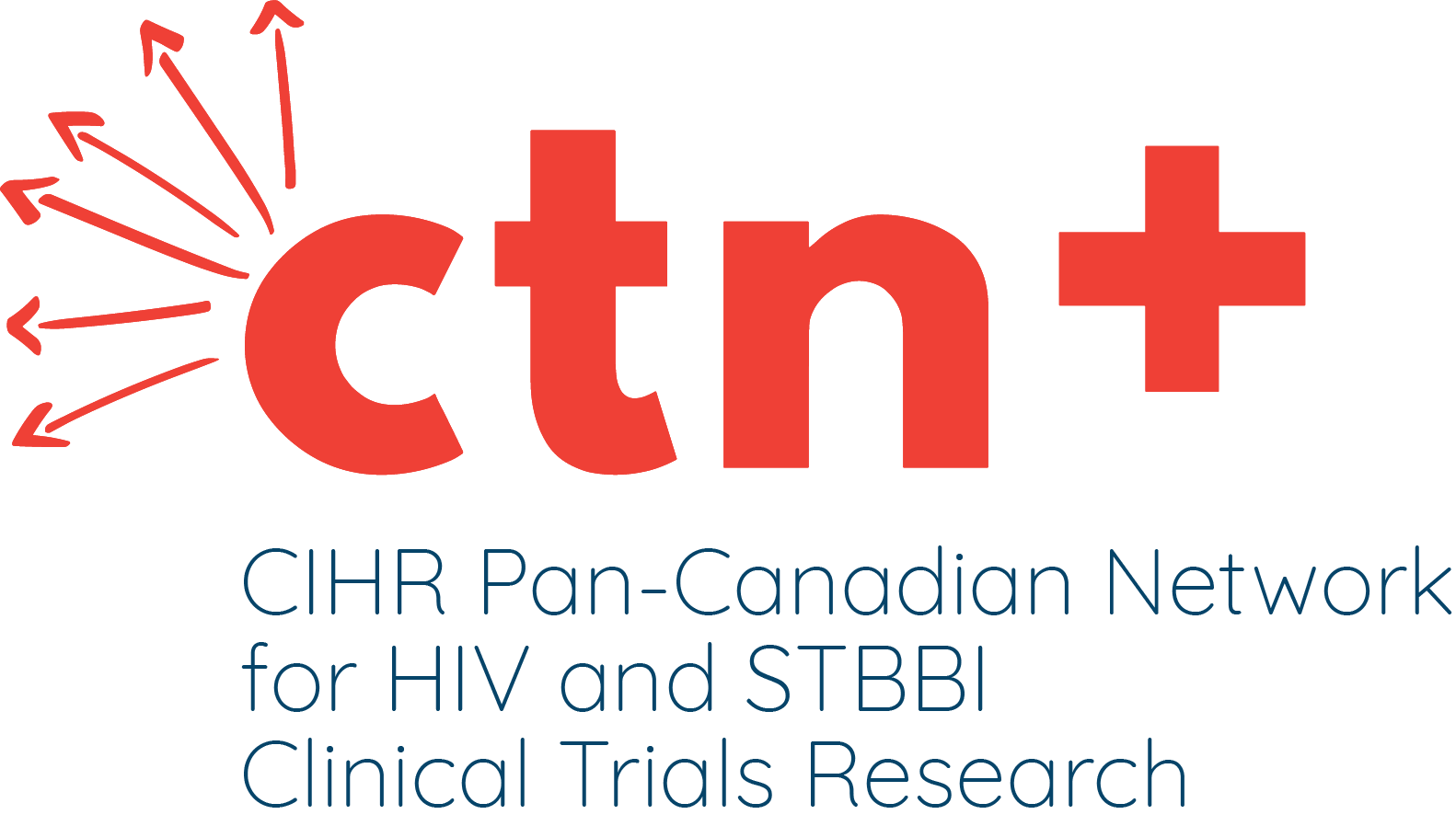Human papillomavirus (HPV) is the most common sexually transmitted infection in the world, affecting around 75 per cent of sexually active Canadians at least once in their lifetime. There are over 170 types of HPV, and although many people will not develop any long-term issues from the infection, a proportion will develop a persistent HPV infection. It is these individuals who are at risk of developing pre-cancers, which in turn have the potential to turn into cancers, such as anal cancer, over time.

CTN Investigator Dr. Troy Grennan is principal investigator of a new CTN study that aims to improve screening for anal pre-cancers and cancer
Gay, bisexual, and other men who have sex with men (gbMSM) who are living with HIV experience higher rates of persistent HPV infection and anal pre-cancer and cancer than most. Approximately two in 100,000 people in the general population are diagnosed with anal cancer each year; gbMSM living with HIV are at least 50 times more likely to be diagnosed with anal cancer. But why?
“It’s not totally clear,” says CTN Investigator Dr. Troy Grennan. “We know that T-cell deficiency leads to a lower probability of clearing the HPV infection, and a higher likelihood of it persisting. However, some individuals with HIV who are on effective therapy, are virologically suppressed, and have a high CD4 count continue to have higher rates of anal cancer. This leaves key questions that remain unanswered.”
While we are still seeking to understand exactly why gbMSM living with HIV are disproportionately affected, it is vital that screening for anal pre-cancer and cancer is accurate so it can be caught and treated early, or even better – prevented altogether.
Better detection
“At the moment, there are no clear, evidence-based guidelines as to when and where men living with HIV should be screened for HPV or anal cancer,” explains Dr. Grennan, who is also physician lead for the Provincial HIV/STI Program at BCCDC and a clinical associate professor at UBC. “Having said that, many experts in the field recommend annual anal cancer screening.”
In addition to a lack of official guidance, current detection methods are inadequate. Anal pap smears have a high rate of false negatives for detecting pre-cancers and the digital anal rectal examination may miss cancer in one out of five cases.
Dr. Grennan is looking to improve screening among gbMSM living with HIV in the new study CTN 330: Predicting and evaluating anal cancer in HIV with novel biomarkers (The PEACH Study). The three-year long study of 1,000 gbMSM living with HIV living in Vancouver and Toronto will ultimately determine if new biomarkers associated with HPV and HPV-associated cancers, used in combination with existing tests, will lead us to an anal cancer screening method that better predicts and identifies pre-cancers.
“Combining biomarkers with currently available tests could improve accuracy compared to performing any test alone, and increase the prediction of pre-cancers and cancer,” Dr. Grennan says. “This will be helpful in identifying who needs to be assessed urgently and determining who should be prioritized for a high-resolution anoscopy, a procedure used to examine the anus in more detail and identify abnormalities.”
While anal cancer remains relatively rare even in those at elevated risk, anal pre-cancers are quite common, and it is these lesions that the study aims to identify. In fact, the PEACH Study research team doesn’t necessarily expect any anal cancer cases to be diagnosed, but they do have support lined up just in case.
“If, at any point, we detect anal cancer then the participant will be withdrawn from the study and standard management procedures will take place,” explains Dr. Grennan. “For any pre-cancers that are diagnosed, we will generally offer them our standard of care, which includes ablation of the lesion and regular follow-up with our usual anal cancer screening procedures.”
Looking forward
So how would HPV and anal cancer screening among gbMSM living with HIV look in an ideal world?
First, while some health care providers recommend people living with HIV be screened for HPV or anal cancer on a yearly basis, it could be useful for the health care community as a whole to have evidence-based guidelines in place. This would enable consistent care across the community.
Second, screening should be accessible, affordable, and accurate.
“We need to come up a scalable set of approaches that can be used widely, that are accurate in predicting who needs assessment immediately, who can wait, and perhaps who doesn’t need to be seen at all,” emphasizes Dr. Grennan.
Once they have determined the most effective and efficient strategy for detecting HPV-associated anal pre-cancer and cancer, the PEACH Study team will develop a position statement on HPV screening, treatment, and vaccination in gbMSM living with HIV. This will support health care providers in making decisions regarding HPV and anal cancer screening and ultimately help them identify people who should be prioritized for immediate further treatment.
Are you interested in participating in the PEACH Study? Click here.






